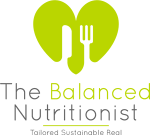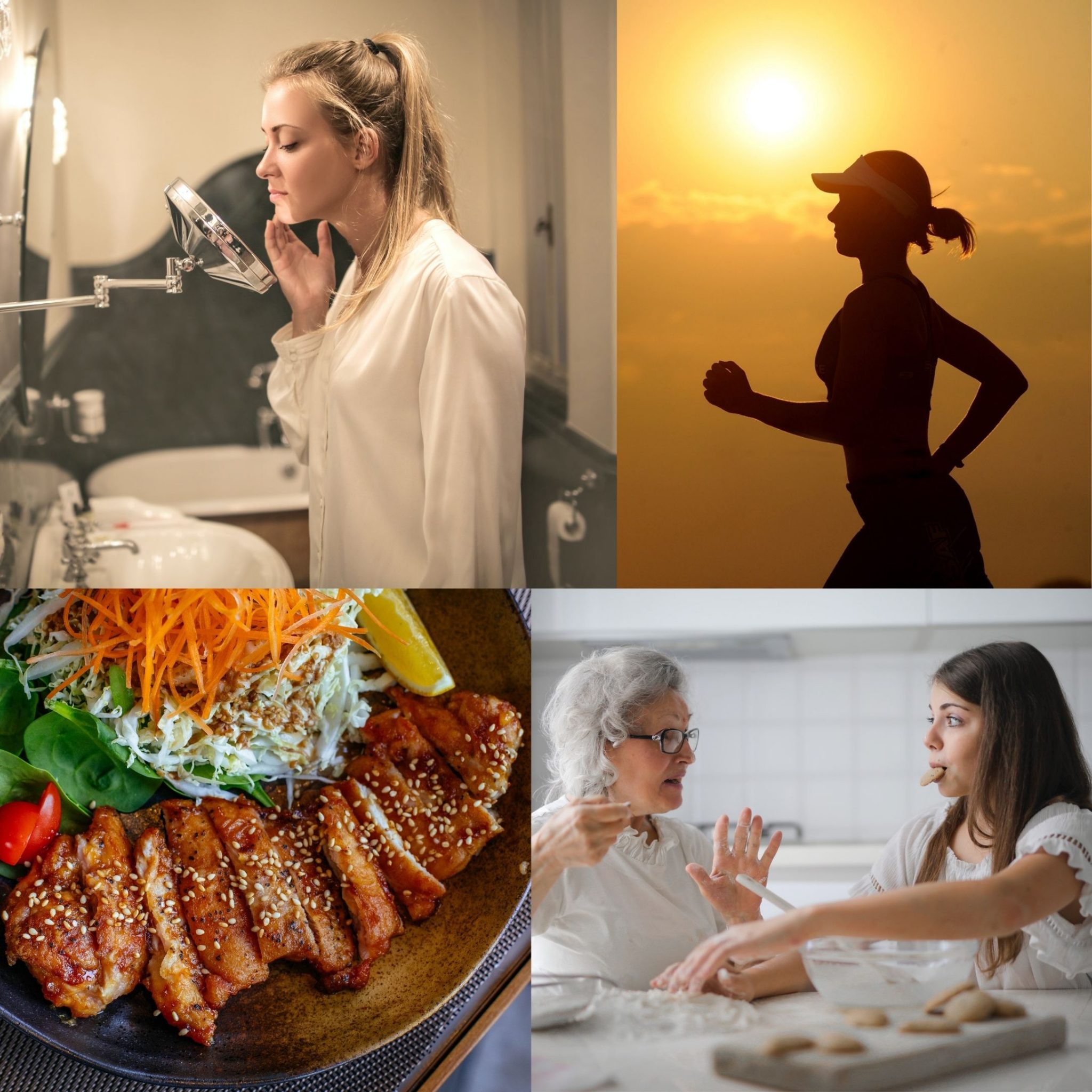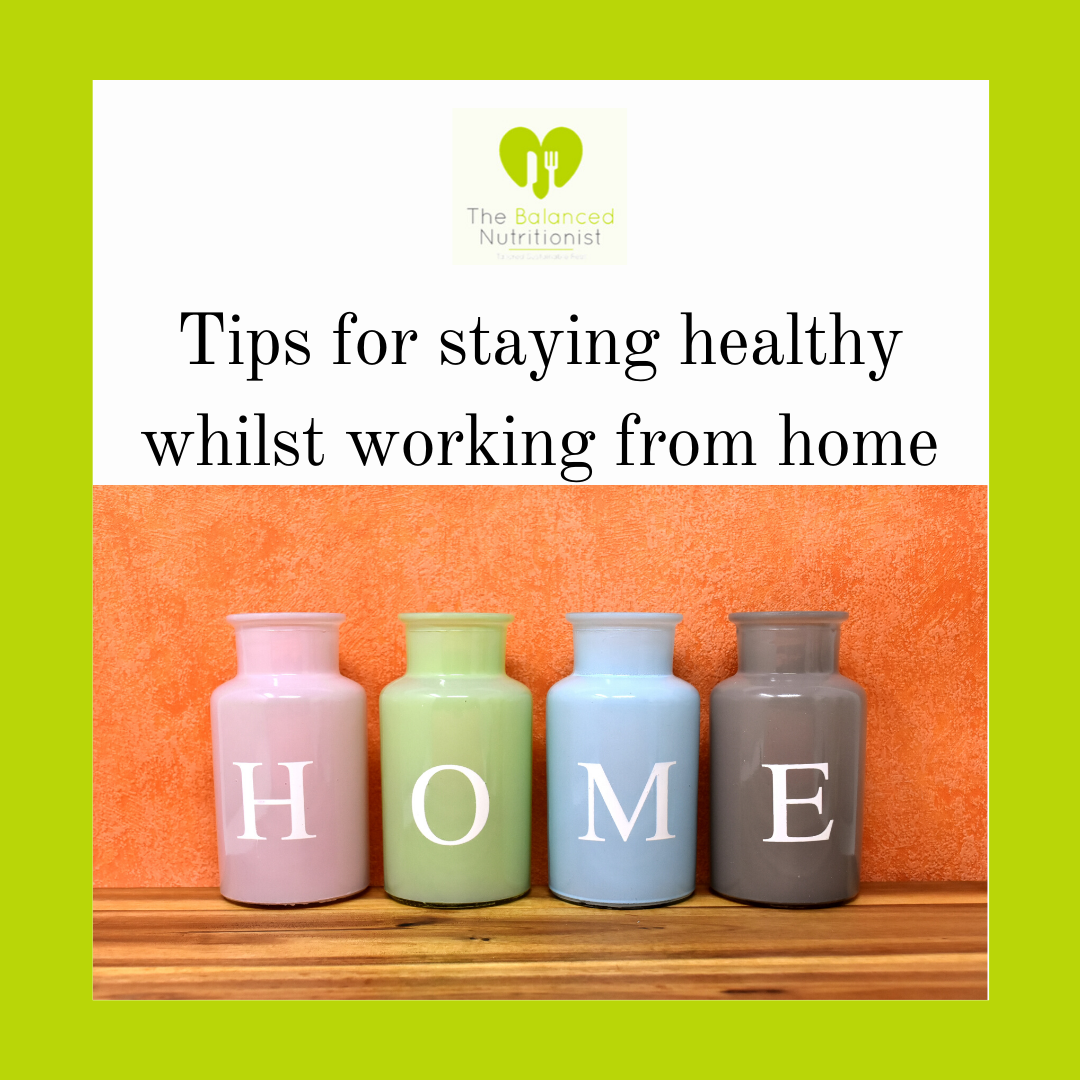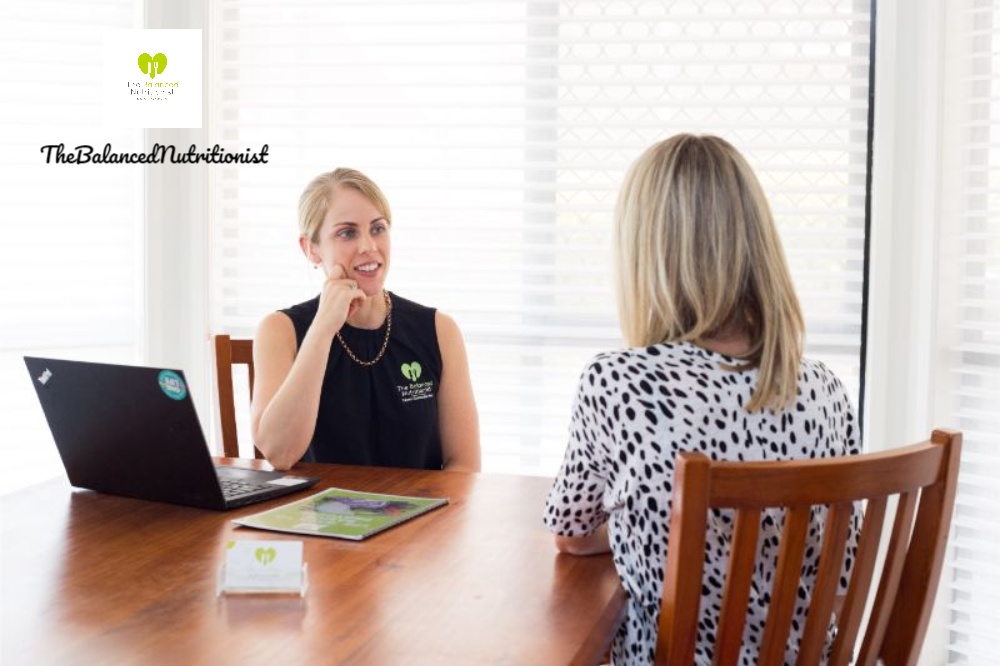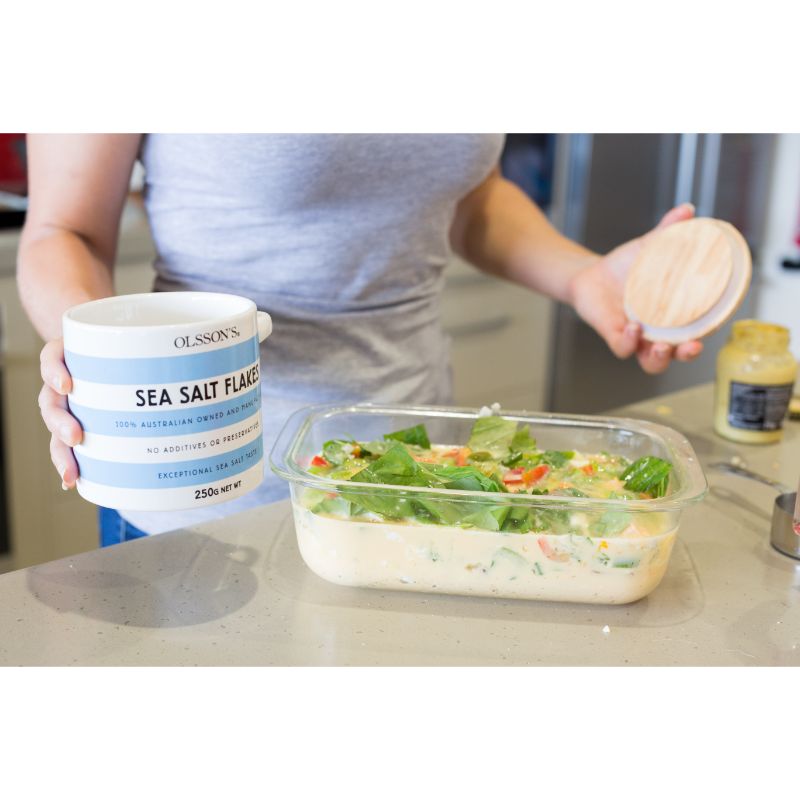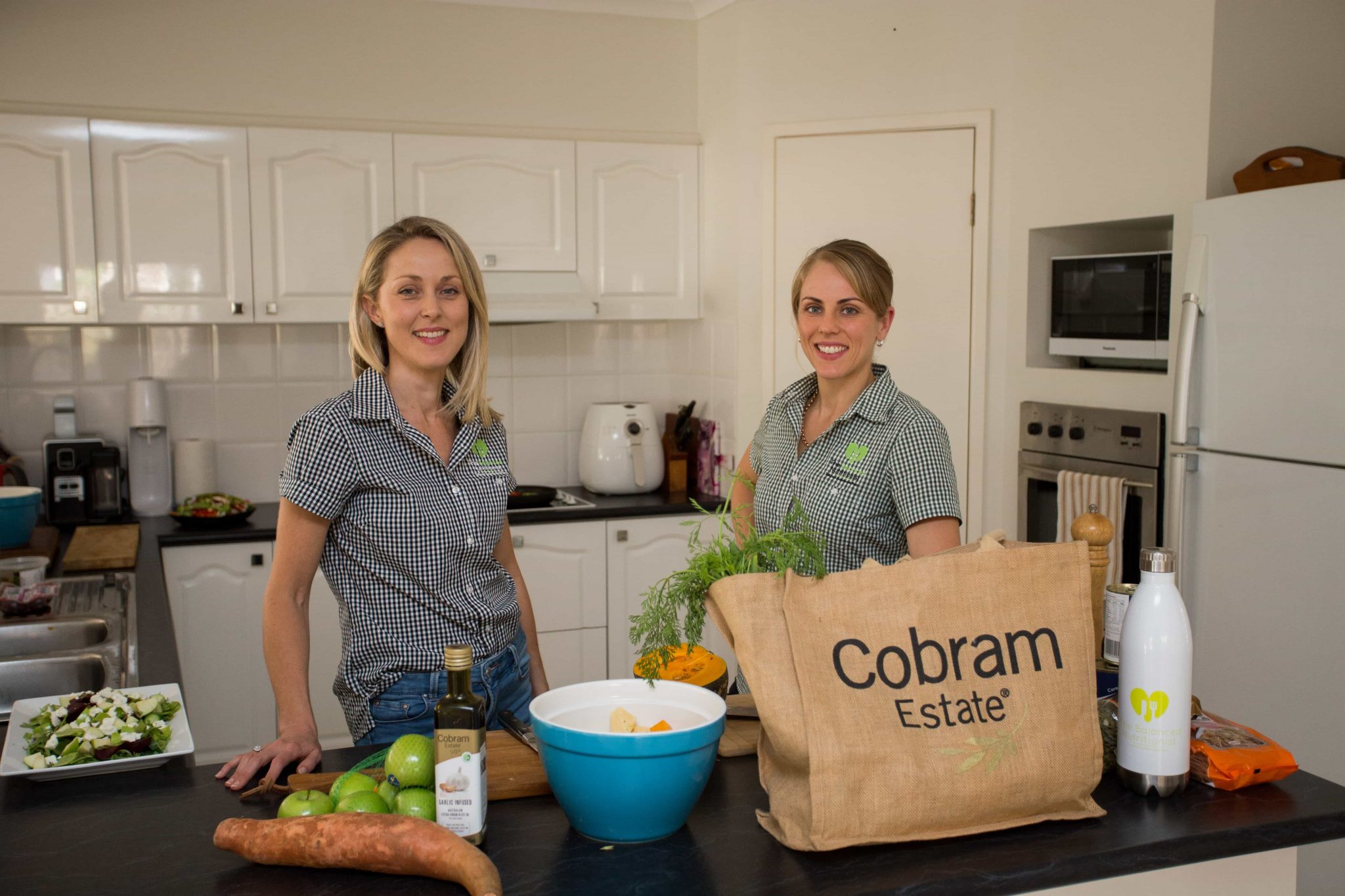This could possibly be the most important blog we’ve written here at The Balanced Nutritionist.
It’s a conversation that the entire world needs to hear.
It’s about how we define ‘normal’ these days. And you know we love to keep things positive so we are sorry if this comes across quite ‘firm’ but its critically important.
What do we mean by ‘normal?’
Well, what do we define as ‘normal’ when it comes to:
- The way we feel each day in terms of our overall vitality and wellbeing
- What we think is ‘normal’ food to feed to our physical bodies
- What we think is ‘normal’ in terms of how we move our bodies, what movement we are capable of, and how much movement we should be doing
- What we think is ‘normal’ in terms of how we speak to and treat ourselves.
- What we think is ‘normal’ in terms of the pace at which we live and the degree of ‘presence’ that we actually experience.
What is ‘Normal…’ these days?
You see…. We think it’s a little bit alarming what ‘normal’ is becoming these days because it is in direct conflict with a lifetime of health and happiness. Let’s consider all of the above aspects and what the majority of society seems to consider is ‘normal’ in relation to each one:
- Many, many people don’t feel vital, energetic, or well most days. Instead, they feel tired, sluggish, bloated, heavy, and disconnected from their own bodies.
- Many people now just ‘accept’ that ‘food’ comes from packets purchased deep inside the aisles of a supermarket. Or often from a drive-thru. The future of kitchens could possibly be… a microwave. Only! And whilst we believe in balance and the mindful enjoyment of occasional treats…. Chips, chocolate bars, and junk food generally do not have a place in anyone’s diet on a daily basis… in particular, these foods do not belong in the lunchboxes of our little ones – they have always been and should remain ‘occasional treats’ amongst a mostly wholefood intake.
- Many people take out gym memberships for a few months here and there… maybe train for an event with some friends for a little while… but then go months in between doing very little. In actual fact, moving is normal. Humans are just like other animals. We should be moving regularly. We should be able to move with ease. We should be moving daily – even if it’s not strenuous. Take the stairs, go out and get some fresh air at lunchtime, stretch your body, and engage in deliberate exercise you enjoy. Moving is normal. Aches, pains, creaks, huffing, and puffing… is not.
- It’s not normal to talk to ourselves in a nasty way… call ourselves fat, or lazy or other mean, horrible names. It should be normal to treat yourself well and learn to love your own company. If you want others to love hanging out with you, then you should love hanging out with you!
- Finally, it’s not normal to go through life at a million miles per hour. Constantly stressed, constantly haggled… wearing busy like a badge and never being fully present. This leads to burnout. And who wants to live a life… that they can’t even participate in? If this point in particular resonates with you, we recommend you check out the book ‘meditation and mindfulness’ by Andy Puddicome.
We encourage you to Consider Normal as:
| Sluggish, tired, flat | Energetic, vital, well |
| Food from packages | Food from nature; wholefoods |
| Exercising because you have to | Move because you were born too and it’s a gift |
| Self hate, self doubt | Loving yourself and being kind to you. |
| Living on autopilot at 1000 miles/hr | Living in the present. |
But What does this have to do with Food?
So you might be wondering why we brought up this topic when some of it is not entirely about food? Because if you know us even a little, you’ll know that we believe health is the whole package. We don’t just focus on food… we also want you to consider your lifestyle, your mindset, your stress levels, your relationship with self, your relationship with food… these are all tied in together. To influence your health and happiness. Intermingled… you wouldn’t have one without the other. When you nourish your body with good food… you will want to nourish your body with positive thoughts, speak nicely to yourself, enjoy physical challenges. And you will want to live in the present, saying no to people and occasions that don’t serve you, rest when you need to, be present in your wonderful life and be productive without being ridiculously busy.
Think about how you define normal.. Or what you accept as normal. Could you raise the bar? Start a ripple effect and create a new normal.
